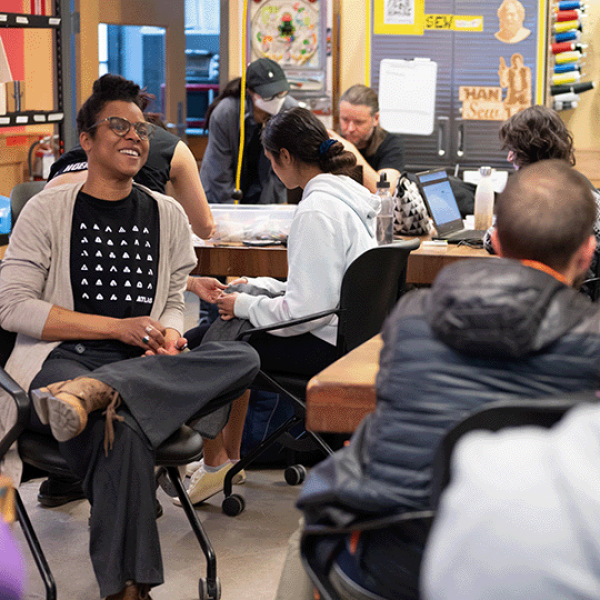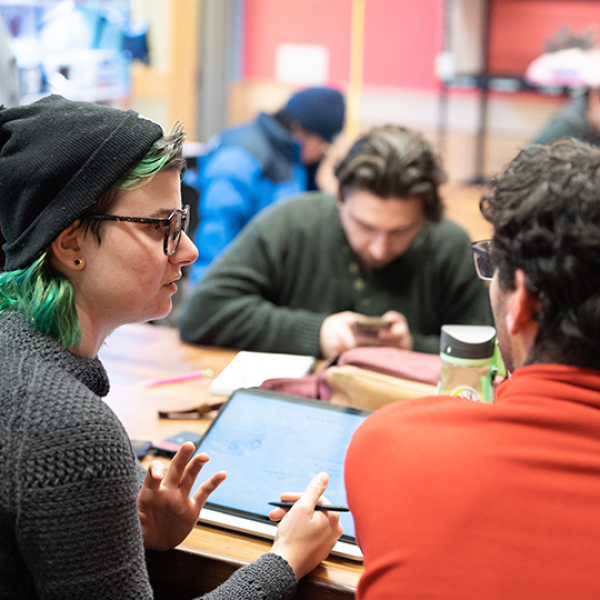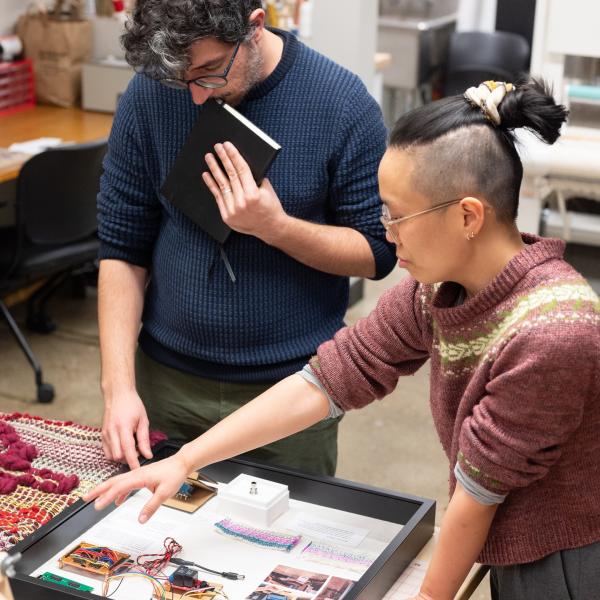Home
ATLAS is an interdisciplinary institute for radical creativity and invention. We transform ingenious ideas into reality through research, experimentation and critical thinking.
With research labs and academic programs that inspire creative exploration and novel ideas, our vibrant community of technology visionaries and virtuosos reaches beyond convention and takes risks to invent the future.







